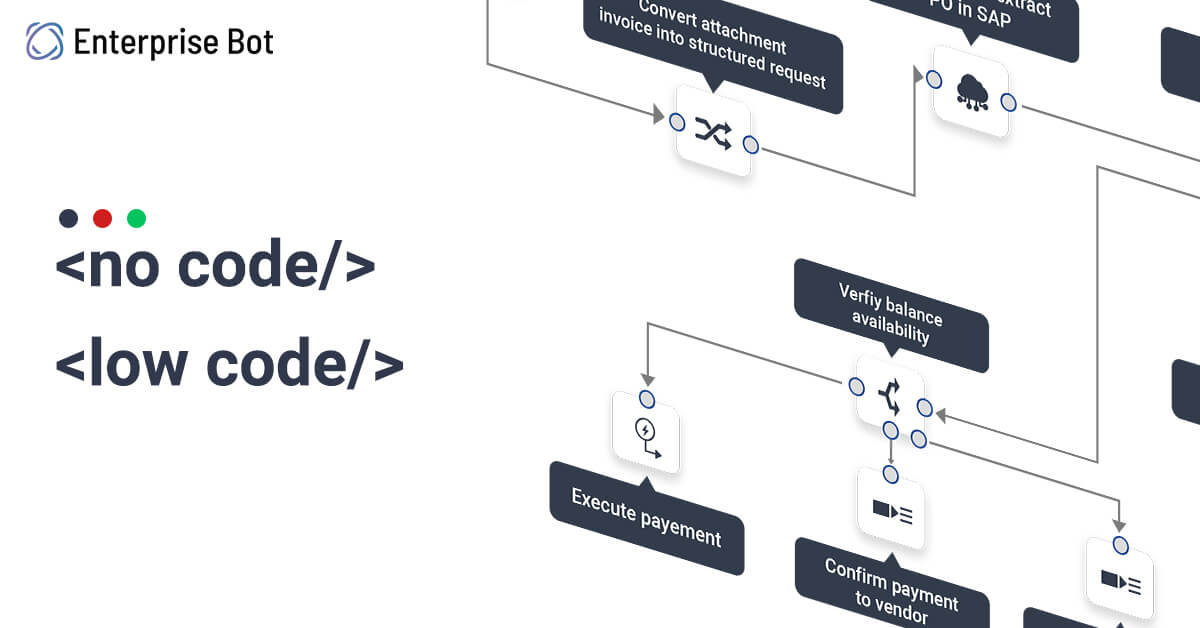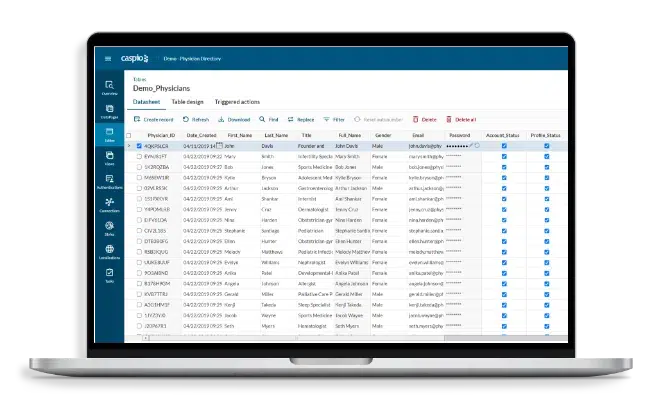Exploring the Benefits of Scalable Databases That Call For No Coding Skills for Reliable Data Management Solutions
The appearance of scalable data sources that remove the necessity for coding skills presents a transformative chance for organizations looking for effective information monitoring remedies. As we consider the ramifications of such improvements, it comes to be crucial to examine how they can reshape the landscape of data management and drive sustainable growth in an affordable setting.
Boosted Ease Of Access for Individuals
Enhanced ease of access for users is an important element of scalable data sources, making sure that data management systems are easy to use and user-friendly. In an era where data-driven decisions are extremely important, access permits a broader variety of individuals, including those without comprehensive technological knowledge, to engage with database systems properly. This democratization of information gain access to facilitates boosted partnership across divisions, equipping staff members to make and draw out understandings notified decisions.
User-friendly interfaces, such as visual data and drag-and-drop functions representation, streamline complicated data communications. These enhancements reduce the discovering curve linked with standard database administration, making it possible for users to concentrate on leveraging data instead of grappling with technological complexities. Scalable data sources frequently include customizable control panels and real-time analytics, supplying customers with immediate understandings customized to their specific requirements.

Cost-Effectiveness and Resource Financial Savings
Efficient information administration not only rests on availability yet also on cost-effectiveness and resource cost savings. Scalable databases made for customers with no coding abilities dramatically lower economic problems usually linked with conventional data source management systems. By getting rid of the need for specialized programming know-how, companies can assign their resources a lot more efficiently, focusing funds on core organization activities instead of substantial training or hiring proficient employees.
Furthermore, these databases typically use cloud-based services, which additionally reduce costs connected to equipment and upkeep. Organizations can scale their data source services according to their demands, avoiding the expenditures incurred from over-provisioning resources. This flexibility means businesses can adjust to altering needs without incurring unneeded prices, leading to considerable long-lasting financial savings.
In addition, user-friendly interfaces streamline data entrance and administration procedures, lowering the time invested on management tasks. This effectiveness converts right into labor price financial savings, permitting groups to concentrate on critical campaigns instead of regular upkeep. On the whole, taking on scalable data sources that call for no coding abilities promotes a much more cost-effective approach to information monitoring, enabling companies to optimize their resources while preserving high levels of operational efficiency.
Improved Cooperation Throughout Teams

Additionally, scalable databases facilitate seamless interaction amongst team participants. With straightforward user interfaces that require no coding skills, workers can quickly produce, modify, and share records or control panels tailored to their specific needs. This democratization of data empowers non-technical individuals to add understandings, boosting the collaborative environment.
Additionally, these databases sustain simultaneous access, permitting numerous individuals to deal with the very same dataset at the same time. This function enhances productivity, as teams can participate in joint information evaluation without the threat of variation control problems. The capability to leave comments or notes directly within the database further advertises discussion and clears up data interpretations.
Streamlined Information Monitoring Processes
In today's data-driven setting, organizations recognize the requirement of streamlined data monitoring refines to make the most of efficiency and precision. By leveraging scalable data sources that require no coding skills, organizations can streamline their data handling and reduce the intricacies usually connected with traditional data source systems. This availability equips non-technical users to involve directly with information, assisting in quicker decision-making and decreasing dependence on specialized IT employees.
Streamlined information management procedures improve process by automating regular jobs such as data entrance, validation, and coverage. Automated data assimilation guarantees that details from different sources is accumulated seamlessly, removing silos and fostering a linked view of critical company metrics (no-code). Furthermore, easy to use user interfaces enable employees to manipulate information quickly, allowing them to generate understandings that drive strategic efforts without the demand for comprehensive training.
This efficiency not only speeds up functional processes however additionally minimizes the capacity for human mistake, ensuring that information my site continues to be exact and dependable. Ultimately, streamlined data administration procedures via scalable data sources lead to enhanced performance, allowing organizations to focus on core tasks while guaranteeing that their data monitoring techniques are effective and efficient.
Scalability for Expanding Companies

For broadening enterprises, the ability to scale up or down is crucial. A scalable data source can manage an influx of information produced from new customers, items, or services, guaranteeing that business operations stay undisturbed. These data sources supply the capacity to handle peak loads successfully, which is necessary during durations of rapid development or seasonal spikes.
Additionally, several scalable database remedies are created with easy to use interfaces that need no coding abilities, equipping non-technical team to handle information effectively (no-code). This democratization of information management permits organizations to allocate resources purposefully and decrease reliance on specialized IT personnel
Eventually, taking on a scalable database not only boosts operational effectiveness yet also promotes a setting where services can evolve and innovate without the restraints of conventional data source systems. This versatility placements organizations for long-lasting success in today's affordable landscape.
Verdict
In conclusion, scalable databases that call for no coding abilities give substantial benefits for effective data management. By streamlining data management procedures and supplying scalability for expanding services, such services enable organizations to adjust to altering browse this site demands effectively.
Enhanced access for customers is a critical facet of scalable databases, guaranteeing that data management systems are easy to use and intuitive.Straightforward user interfaces, such as drag-and-drop functions and visual information representation, streamline complicated information interactions. Overall, taking on scalable data sources that need no coding skills cultivates a much more cost-efficient technique to data monitoring, allowing companies to maximize their sources while maintaining high degrees see post of operational performance.
By leveraging scalable databases that call for no coding skills, organizations can simplify their information handling and decrease the intricacies usually linked with conventional data source systems - no-code.Streamlined information monitoring processes improve workflow by automating routine jobs such as data entrance, validation, and coverage